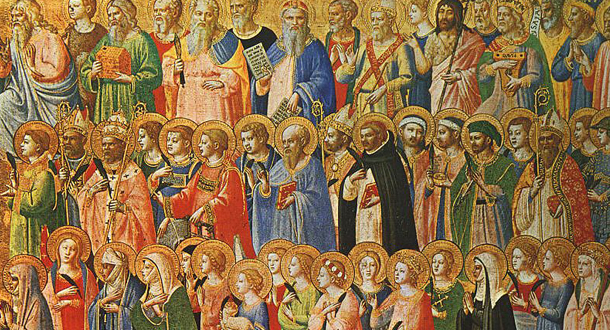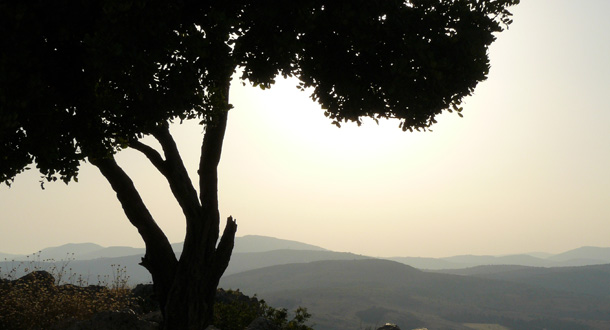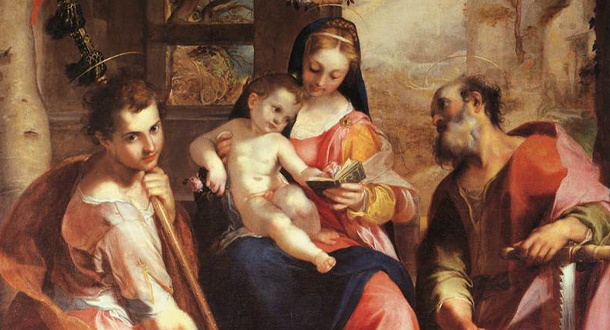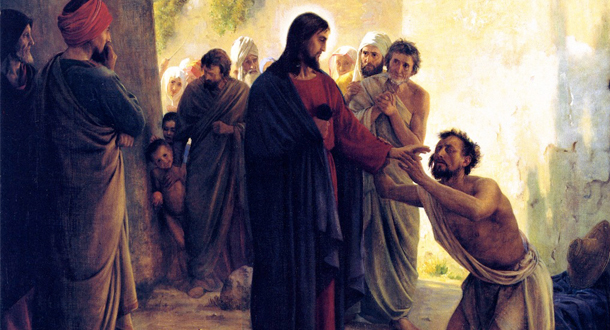
Solemnity of All Saints
Scripture:
Revelation 7:2-4, 9-14
1 John 3: 1-3
Matthew 5:1-12a
Reflection:
As we celebrate All Saints Day, many Catholics would likely describe sainthood in terms of a formal canonization process or would define the ‘communion of saints’ as those who have entered heaven. Certainly, those observations are correct. The church recognizes these holy women and men as models for our own lives and recommends we pray with them and ask for their intercession on our behalf.
The church likewise encourages us to pursue a life of holiness and virtue so that we too become saints. However, the lives of great missionaries like St. Teresa of Calcutta and St. Francis Xavier, or holy persons like St. Therese of Lisieux and our own St. Paul of the Cross, present difficult, if seemingly impossible, examples for our own spiritual growth.
Soon after Thomas Merton became a Catholic, his close friend Robert Lax asked him “What do you want to be?” Merton’s response was, “Well I guess I want to be a good Catholic.” Lax then said, “What you should say is that you want to be a saint.” Merton asked, “How do you expect me to be a saint?” “’By wanting to, said Lax, simply…’All that is necessary to be a saint is to want to be one. Don’t you believe that God will make you what He created you to be, if you will consent to let Him do it? All you have to do is desire it’” (Seven Storey Mountain 260-261)
This exchange between Lax and Merton provides a fresh insight into our personal search for becoming a saint. God does not love us because of what we do, what possessions we have, what accomplishments we have made. God simply asks us to be who we are created to be. We are not expected to be perfect. St. Augustine wrote, “there is no saint without a past and no sinner without a future.” God does expect us to discover and be our true selves…and along the way we, too, will become saints!
Mike Owens is coordinator of the Passionist Alumni Association and a member of the Migration Commission of Holy Cross Province. He lives in Louisville, Kentucky.







